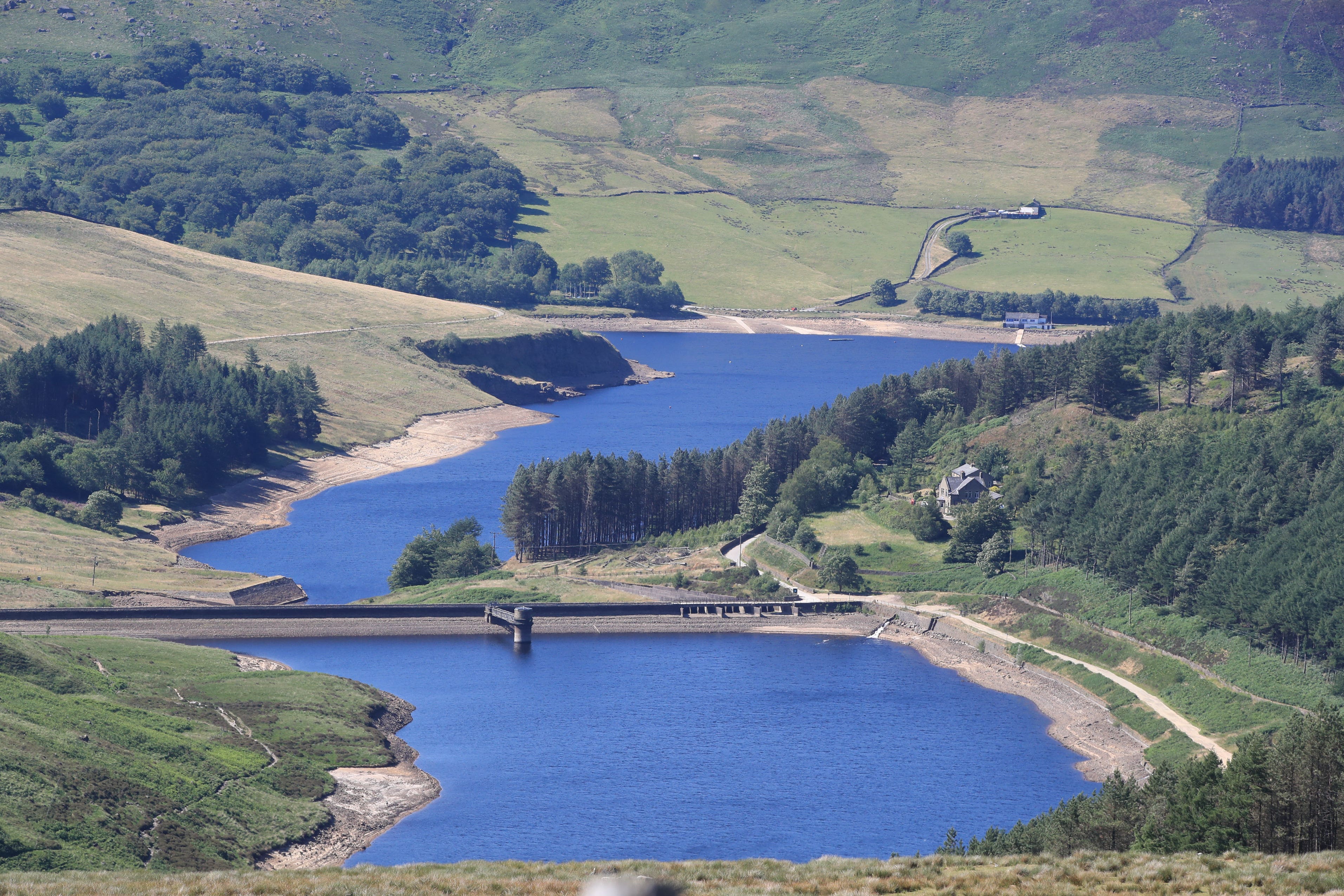The first hosepipe ban of 2025has been announced in the UK, in the wake of the country’s driest spring for more than 100 years.
Yorkshire Water has announced restrictions will be brought in from Friday, after the region experienced just 15cm of rainfall between February and June, leaving reservoirs only 55.8 per cent full.
It comes after the Environment Agency issued an urgent warning last month that England faces public water shortages of five billion litres a day by 2055 without urgent action to cut leaks, curb use and build new reservoirs.

What does a hosepipe ban mean?
As the name suggests, a hosepipe ban means that water customers can’t use a hosepipe for things like watering a garden, filling a paddling pool, cleaning paths and patios or washing a car.
People are encouraged to instead use a watering can or a bucket if you need to use water outside, such as to water plants. Businesses are also still allowed to use a hosepipe if it is directly related to a commercial purpose.
Breaking the rules should not be treated as a light matter – anyone found to have used their hosepipes during a ban can be fined up to £1,000.
Where has a hosepipe ban been announced?
The ban has been announced by Yorkshire Water, which provides services across the entire region, including West, South and North Yorkshire, the East Riding of Yorkshire, North Lincolnshire and Derbyshire.
The company services around 5.5 million households and an estimated 140,000 businesses who will now have to curb their water use.
Restrictions, which are officially called a Temporary Usage Ban (TUB), will come into force on 11 July and could last until the winter months.

“These restrictions are intended to make sure that we have enough supply for the essential needs of people across the region this year and next, as well as making sure we’re able to protect our local environment,” Mr Kaye said.
“With more dry weather forecast in the coming weeks, it is likely our stocks will continue to fall so we need to act now to maintain clean water supplies and long-term river health.
“Having restrictions in place also allows us to apply for drought permits from the Environment Agency, which means we can abstract more water from our rivers and reduce compensation flows out of our reservoirs so that we can continue to provide the water our customers rely on us for.
“The restrictions will come into effect on 11 July and will be in place until the region has seen significant rainfall to bring reservoirs and groundwater stocks back to where they need to be. This may last into the winter months, but we will lift the usage restrictions as soon as we are able.”
Where else could see a hosepipe ban?
Yorkshire is not the only region in the UK suffering a drought, with the north-west of England also entering drought status on 21 May.
In both areas, reservoirs have reached extremely low levels and farmers are struggling to grow crops due to the dry weather.
The East and West Midlands are also experiencing prolonged dry weather, with major water companies saying that substantial rain is required to replenish supplies.

Last month Thames Water executives said they were “not confident” they could avoid bringing in restrictions for their 16 million customers this summer, as it would depend on how much rainfall the region received in the coming weeks.
Experts warn that increasingly extreme weather, including droughts and heatwaves, are becoming more likely and intense because of climate change.
Water companies are under increasing pressure to help customers cut demand and speed up the fixing of leaks, which lose drinking water back into the environment before it reaches people’s kitchens and bathrooms.


